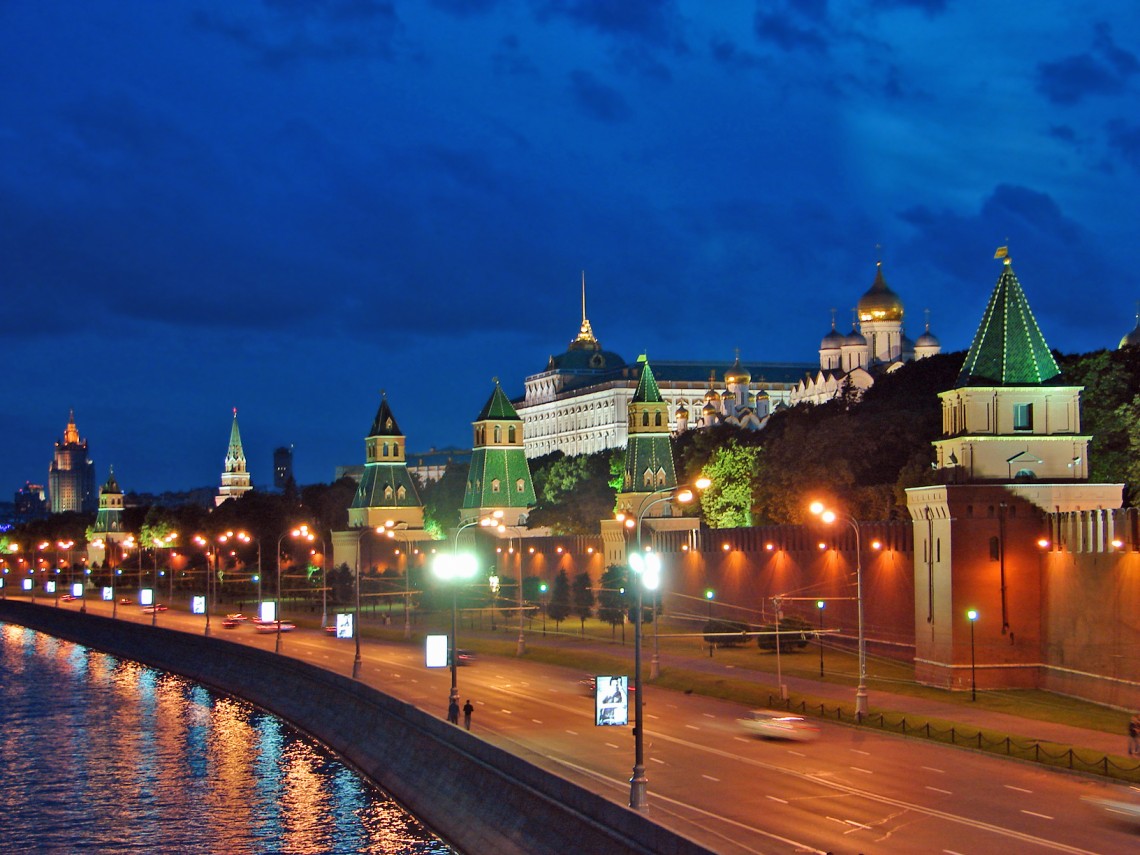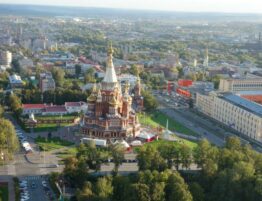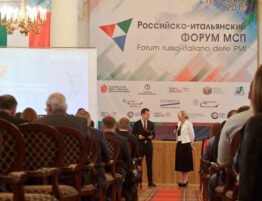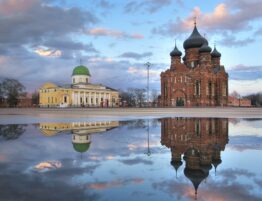
The recent reform of the Civil Code of the Russian Federation: theinnovations to the discipline of intellectual property
On 1 October 2014 the modifications to the discipline of intellectual property, introduced by the Russian legislator with the law reforming the Civil Code of last 12 March, came into force.
Book IV of the Civil Code, approved in 2006, is the main source of the law governing intellectual property in Russia, together with some special laws and decisions of government authorities that provide detailed rules with regard to certain aspects (consider, for example, resolution no. 1203/1997, which regulates the Russian Agency for Patents and Trade Marks). Particular importance has always been given to this regulatory framework, as confirmed by the fact that Article. 71, of the Russian Constitution, states that the system in question is an exclusive prerogative of the State and not of the single federal subjects (which otherwise have rather wide legislative powers).
Although particular importance is attributed to the regulatory framework governing intellectual property, and although it has been recently conceived, in the recent past it has proven not to be up-to-date with regard to several aspects, considering the fact that, especially in light of the strong globalization, a very precise framework is now required in order to protect intellectual property in all the various forms in which it may present itself. The Russian law on intellectual property is constantly evolving thanks to the strong evolutionary drive brought about by the accession of Russia to the WTO and the resulting accession to the TRIPS Agreement (The Agreement on Trade Related Aspects of Intellectual Property Rights).
This agreement was promoted by the WTO in order to establish consistent minimum standards for intellectual property protection. In fact, the first step taken by the Russian Federation towards the strengthening of the protection of intellectual property, especially in light of its accession to the WTO, was the creation of a Court specialized in intellectual property, provided for by 4-FKZ constitutional law, of December 6, 2011. The protection of intellectual property has been further strengthened by the recent amendments to the Russian Civil Code. One of the main innovations is that it is no longer necessary to register the agreement for the sale or grant of intellectual property rights (such as a commercial license agreement), but it is sufficient to communicate to the appropriate state agency (Rospatent) the details of the agreement, greatly reducing the bureaucratic requirements relating to the completion of the aforementioned agree-ments. Several innovations have also been introduced in terms of registration of inventions, industrial designs, models and trademarks. A particularly interesting concept introduced by the new art. 1358 of the Russian Civil Code is that of the “dependent invention” (зависимое изобретение), which is characterized by the fact that it can be used only with an invention that has been already patented. From a practical perspective, this means that to be able to use a dependent invention, one must first obtain prior permission from the holder of the principal invention, which is a further and undoubted strengthening of the protection of intellectual property. Finally, the Russian legislator has issued a new law on the quantification of damages resulting from any infringement of intellectual property rights. Such law which will come into force 1 January 2015, provides that the holder of intellectual property rights (trademarks, patents, design, etc.) will be able to claim compensation which is predetermined in an amount between RUR 10,000 and 5,000,000 (approx. between € 180.00 and € 94,000.00), or a sum equal to twice the value of the license of the violated intellectual property rights.
(Trieste Office – Andrea Piras – 040 7600281)







